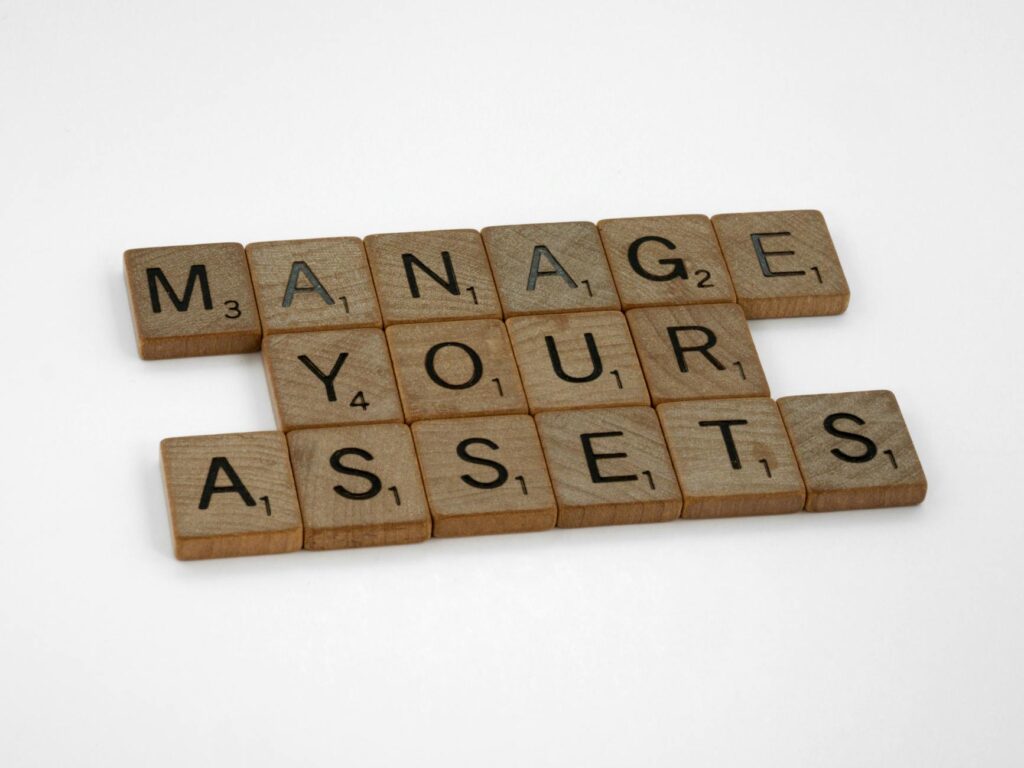What is goal evaluation strategies?

What is goal evaluation strategies?
Goal evaluation strategies play an essential role in both personal and professional development. They help measure our progress and determine whether we’re on the right track toward achieving our objectives. By evaluating goals, we can optimize productivity and effectively manage our time. Let’s dive into this crucial aspect of goal management.
Understanding Goal Evaluation Strategies
At its core, goal evaluation strategies are methods we use to assess the success of our goals. They allow us to review and reflect on our progress, helping us understand what works and what doesn’t.
Definition of Goal Evaluation Strategies
Goal evaluation strategies are systematic approaches for assessing how well we are doing relative to our set goals. Unlike general goal-setting, which focuses on determining what our goals are, evaluation strategies provide a framework for measuring the effectiveness of those goals. This is where the magic happens; we not only set goals but also ensure that we’re making tangible progress toward them.
The Purpose of Goal Evaluation Strategies
Evaluating goals is vital for several reasons. First, it provides a clear picture of our current status and progress. Second, it highlights areas that may need adjustment or improvement. Third, regular evaluation fosters personal growth, pushing us to refine our goals to better align with our evolving aspirations and circumstances. Essentially, by analyzing our goals, we can redirect our efforts, ensuring they yield the best possible outcomes.
Types of Goal Evaluation Strategies
There are various strategies you can use to evaluate your goals. They can generally be categorized into two types: quantitative and qualitative.
Quantitative Evaluation Techniques
Quantitative techniques include metrics, Key Performance Indicators (KPIs), and progress tracking. These methods provide numerical data that can help gauge how successful you are in achieving your goals. For instance, if you set a goal to increase sales by 20% in a quarter, tracking your sales figures will give you a clear idea of whether you’re on target.
To learn more about effective metrics, check out this guide on evaluating how goals are achieved.
Qualitative Evaluation Techniques
Qualitative evaluation techniques involve subjective assessments like self-reflection, feedback, and peer reviews. These methods allow for a more nuanced understanding of your goals’ effectiveness. For example, self-reflection can help you understand how a particular strategy feels and whether it resonates with your values and aspirations. Gathering feedback from colleagues can provide insights you might have overlooked.
Implementing Goal Evaluation Strategies
Implementing goal evaluation strategies involves several steps to ensure effectiveness.
Setting Clear Criteria for Evaluation
Begin by defining what success looks like for each goal. This means outlining the criteria you will use to judge whether you’ve met your objectives. Clear criteria will guide your evaluation process and provide a solid foundation for measuring your success.
Regular Review and Adjustment
Periodic reviews are crucial. Set a schedule to evaluate your goals—weekly, monthly, or quarterly. During these reviews, assess your progress and make necessary adjustments to your goals. This flexibility allows you to pivot when needed, ensuring that your goals remain relevant and achievable.
Benefits of Using Goal Evaluation Strategies
Incorporating these strategies into your routine can lead to several significant advantages.
Improved Accountability and Focus
When you evaluate your goals, you create a sense of accountability. You’re compelled to check in on your progress, which helps maintain focus on your objectives. It’s easy to lose track of goals amid daily distractions, but regular evaluation keeps them front and center.
Enhanced Decision-Making Skills
Regularly evaluating your goals sharpens your critical thinking and decision-making abilities. By analyzing what’s working and what isn’t, you develop a keen sense of judgment. This skill is invaluable, both personally and professionally, as it equips you to make informed decisions that align with your overarching objectives.
Conclusion
Goal evaluation strategies are essential tools for anyone looking to enhance their personal and professional development. They not only help track progress but also foster accountability and improve decision-making. By adopting these practices, you can significantly boost your productivity and personal growth. So, why not start evaluating your goals today? It could be the change that accelerates your journey toward success. For further reading on the importance of goal evaluation, check out this resource on the importance of goal evaluation and adjustments.

Photo by Brett Jordan